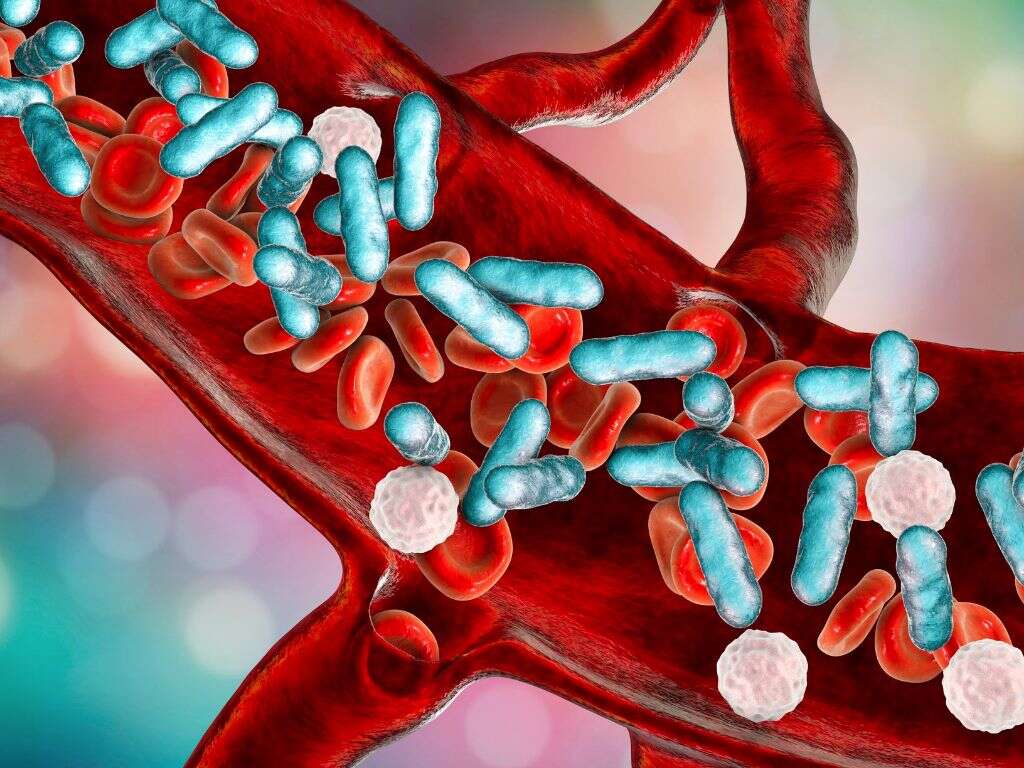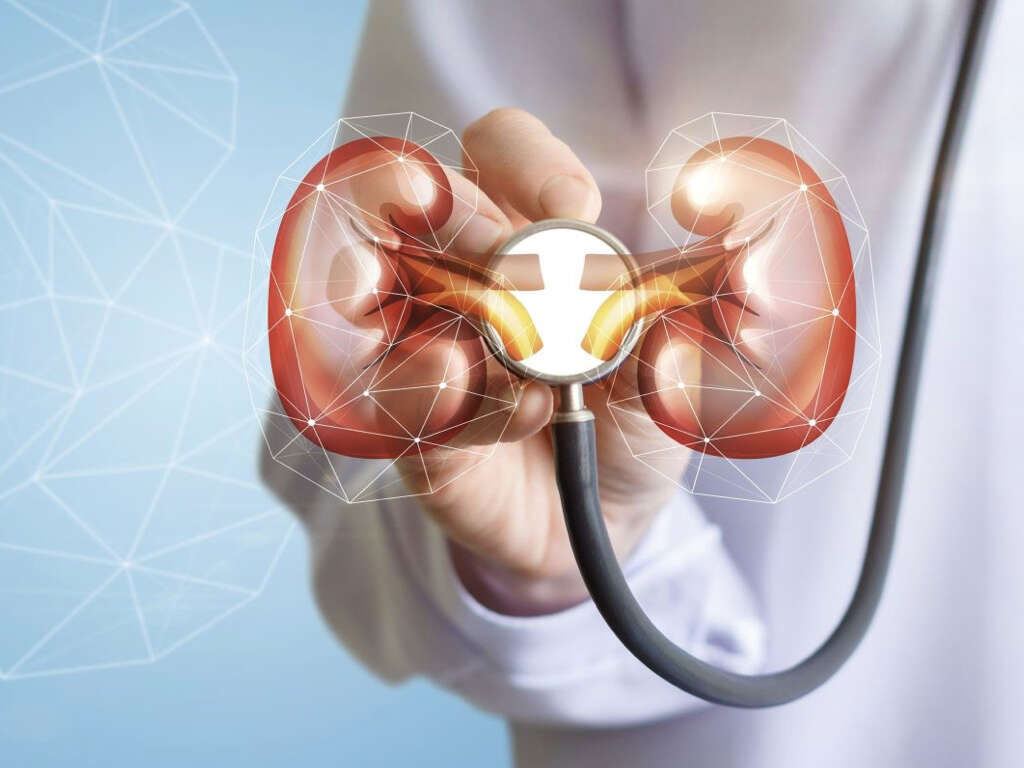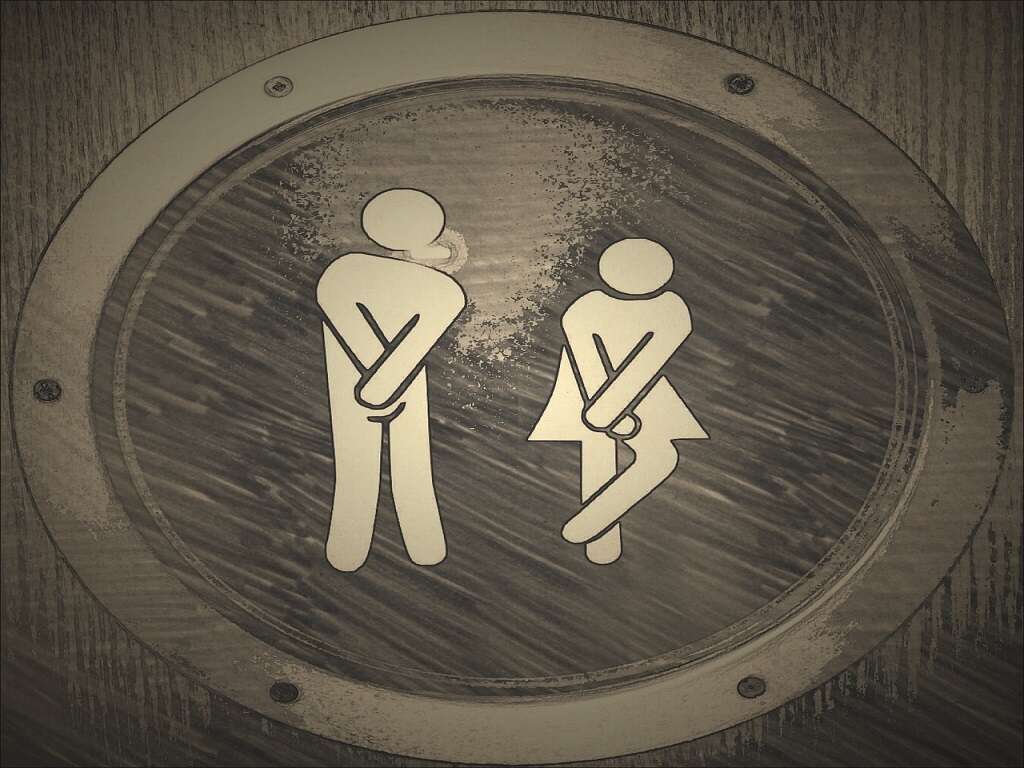10 Uremia Symptoms
 Article Sources
Article Sources
- 1. 'Uremia: Complications, Causes, Symptoms & Treatment. Cleveland Clinic, my.clevelandclinic.org/health/diseases/21509-uremia
- 2. 'Types.' Stanford Health Care (SHC) - Stanford Medical Center, 11 Oct. 2018, stanfordhealthcare.org/medical-conditions/brain-and-nerves/headache/types.html
- 3. 'Night Leg Cramps Causes.' Mayo Clinic, Mayo Foundation for Medical Education and Research, 9 Dec. 2020, www.mayoclinic.org/symptoms/night-leg-cramps/basics/causes/sym-20050813
- 4. 'Uraemic Pruritus. Uraemic Pruritus | DermNet NZ, dermnetnz.org/topics/uraemic-pruritus/
- 5. Zemaitis, Michael R. 'Uremia.' StatPearls /[Internet/]., U.S. National Library of Medicine, 16 Aug. 2020, www.ncbi.nlm.nih.gov/books/NBK441859/
Uremia is a serious condition, and if ignored, it may be life-threatening. It develops when the toxins, or bodily waste, that your kidneys normally send out in your urine end up in your bloodstream instead. These toxins are known as creatinine and urea.1‘Uremia: Complications, Causes, Symptoms & Treatment. Cleveland Clinic, my.clevelandclinic.org/health/diseases/21509-uremia At the onset of chronic kidney disease, it's not unusual for an individual to not experience uremia symptoms.
Uremia is an indication the kidneys have been severely damaged, and symptoms manifest themselves in several ways and with different degrees of severity. For example, individuals may experience headaches and nausea or extreme tiredness and fatigue.

Fatigue
Weakness and fatigue are classic signs of uremia. Individuals with this condition may experience extreme tiredness. Fatigue isn't the same as feeling drowsy or sleepy, something that may be rectified by a good sleep. When a person is fatigued, they have very little motivation or energy.
Fatigue is a symptom of many medical conditions as well as a natural result of certain lifestyle choices, including little or no exercise and a poor diet. Fatigue accompanied by other factors, such as weight loss and higher-than-normal body temperatures, may warrant a doctor visit or consultation.

Headaches
Headaches are common occurrences, and almost everyone has had one at some point, with many individuals having them repeatedly. Headaches are also one of several uremia symptoms. Although kidney failure itself causes no pain, it may cause pain in other body areas, including the head.
Headaches are classified as either primary or secondary. Primary headaches aren't caused by an underlying health condition.2‘Types.’ Stanford Health Care (SHC) - Stanford Medical Center, 11 Oct. 2018, stanfordhealthcare.org/medical-conditions/brain-and-nerves/headache/types.html The most common of these types is a migraine. Secondary headaches, on the other hand, originate from underlying health issues.

Nausea
Individuals with uremia may complain of several symptoms, one being nausea. Nausea may cause some discomfort in the stomach, resulting in the urge to vomit. The sensation may be acute and short-lived, or it may be prolonged.
Following certain guidelines may help a person remain in control of nausea. Avoiding fried, greasy and sweet foods may help control the symptom. Sipping ice-cold drinks and avoiding activity immediately after eating may also help a person rid themselves of nausea.

Vomiting
Vomiting, another symptom of uremia, may occur for two possible reasons. It may be due to the build-up of uremic toxins. On the other hand, the muscle spasms associated with uremia may force the stomach to expel vomit.
The body reacts to harmful substances in the body by way of vomiting. It may also respond in the same way if something has irritated the gut. A common cause of vomiting is gastroenteritis.

Muscle Cramps
Uremia is a sign of the final stages of kidney failure. Muscle cramps, especially those occurring in the leg, are common symptoms of kidney disease.3‘Night Leg Cramps Causes.’ Mayo Clinic, Mayo Foundation for Medical Education and Research, 9 Dec. 2020, www.mayoclinic.org/symptoms/night-leg-cramps/basics/causes/sym-20050813 The damage caused to the muscles may result in muscle weakness, twitches and cramps.
Normally muscle cramps are harmless, but some may be related to underlying medical conditions and diseases, such as pregnancy, kidney disease and alcoholism. Dehydration, excessively exercising a particular muscle and standing in one position for too long may also cause muscles to cramp.

Loss of Appetite
Uremia may affect the amount of food a person eats. Food may no longer taste the same. A person with uremia may even dislike foods they once craved. Both physical and mental conditions may contribute to a loss of appetite. This sometimes might lead to weight loss.
Inflammatory cytokines are common in patients with chronic renal failure as a result of repeated dialysis treatments, and the stress on the body may contribute to appetite loss.

Kussmaul Breathing
Deep, rapid and labored breathing is medically known as Kussmaul breathing. The abnormal breathing behavior may result from several medical conditions, including a serious condition of diabetes called diabetic ketoacidosis. It's also a symptom of uremia.
Individuals with Kussmaul breathing may appear to be in a panicked state as they gasp for breath. If the person's breathing condition is due to uremia, they are likely to require dialysis to reduce the build-up of excess toxins before they experienced any relief from Kussmaul breathing.

Severe Itching
When the kidneys begin to fail, waste accumulates in the blood. This may cause a person to experience itching. It may affect particular parts of the body, or it may occur over the entire body.
The itching may also feel as though it's under the skin, creating a sense something is crawling underneath the surface. Certain medications that work like neurotransmitters, such as gabapentin, may offer some relief to the itching associated with kidney disease.4‘Uraemic Pruritus. Uraemic Pruritus | DermNet NZ, dermnetnz.org/topics/uraemic-pruritus/

Confusion
Uremia, otherwise known as uremic syndrome, may affect any part of the body, causing physical symptoms, such as vomiting and pain. It may also affect mental status. For example, people with uremia may find it difficult to concentrate. As a result, they may become agitated and confused.
Individuals may lack the ability to think as clearly or quickly as they normally do. The confusion they experience may cause them to feel disoriented, and they may have difficulty paying attention or making decisions.

Coma
Uremia is usually a consequence of kidney failure, and its symptoms and signs usually occur simultaneously with other signs and symptoms of the disease. Without intervention, uremia because of kidney failure may result in unconsciousness, coma or even death.5Zemaitis, Michael R. ‘Uremia.’ StatPearls /[Internet/]., U.S. National Library of Medicine, 16 Aug. 2020, www.ncbi.nlm.nih.gov/books/NBK441859/
A person in a coma is unresponsive and cannot be woken. Although limbs don't move in response to signals from the brain, it's not unusual to see slight reactions due to reflexes.











